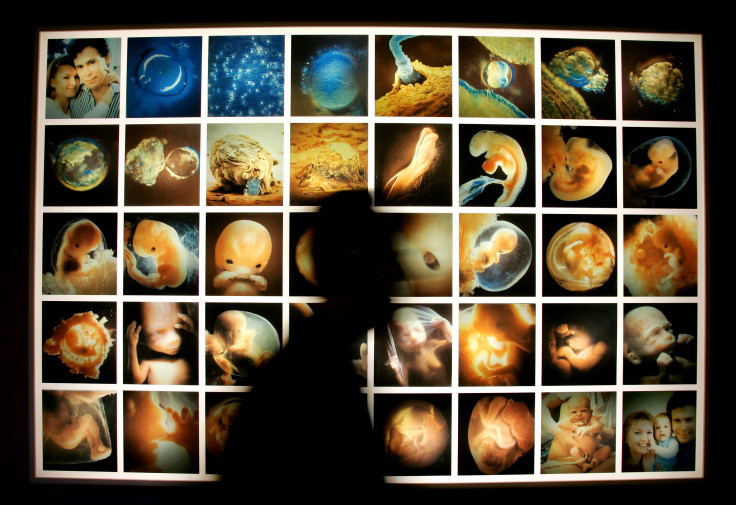UK Scientists Granted Approval To Genetically Modify Human Embryos For Research

In a landmark development in the field of genetic engineering research, a team of British scientists on Monday won the right to genetically modify human embryos. The approval, granted by the U.K.’s Human Fertility and Embryology Authority (HFEA), marks the world’s first endorsement for such research by a national regulatory body.
“Our License Committee has approved an application from Dr Kathy Niakan of the Francis Crick Institute to renew her laboratory's research license to include gene editing of embryos,” the HFEA said in a statement. “The committee has added a condition to the license that no research using gene editing may take place until the research has received research ethics approval.”
However, it would remain illegal to implant the modified embryos inside a woman, the HFEA cautioned.
The genome editing technique is named Crispr/Cas9. Niakan’s team, which is interested in studying genes needed for a human embryo to develop successfully into a healthy baby, plans to use the technique to alter genes that are active in the first few days after conception. The researchers will stop the experiments after seven days — when the embryos would contain around 64 to 256 cells — after which the embryos will be destroyed.
“The reason why it [the research] is so important is because miscarriages and infertility are extremely common, but they're not very well understood,” Niakan told the BBC last month. “We believe that this research could really lead to improvements in infertility treatment and ultimately provide us with a deeper understanding of the earliest stages of human life.”
The first report of the Crispr/Cas9 technique being applied to human embryos emerged in April 2015, when a team of Chinese scientists showed — through a partially successful experiment — that errors in the DNA that cause beta-thalassaemia, a life-threatening blood disorder, could be corrected through gene modification in early stage embryos. The study, published in the journal Protein and Cell, triggered widespread outcry, with opponents calling it a move toward a dystopian world populated by Brave New World-esque “designer babies.”
However, while most scientists and researchers concur that embryonic genome editing should not be used for reproductive purposes at present, they have spoken out in support of research in the field.
“I am delighted that the HFEA has approved Dr Niakan’s application,” Paul Nurse, director of the Francis Crick Institute, said in a statement released Monday. “Dr Niakan's proposed research is important for understanding how a healthy human embryo develops and will enhance our understanding of IVF success rates, by looking at the very earliest stage of human development — one to seven days.”
© Copyright IBTimes 2024. All rights reserved.












